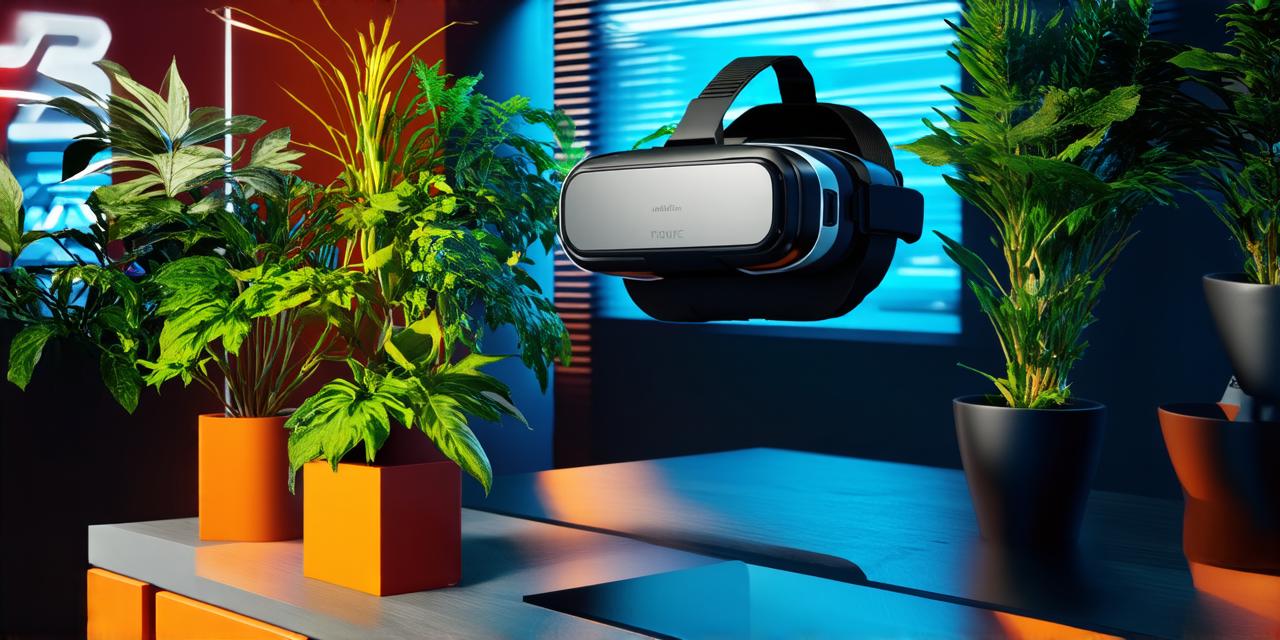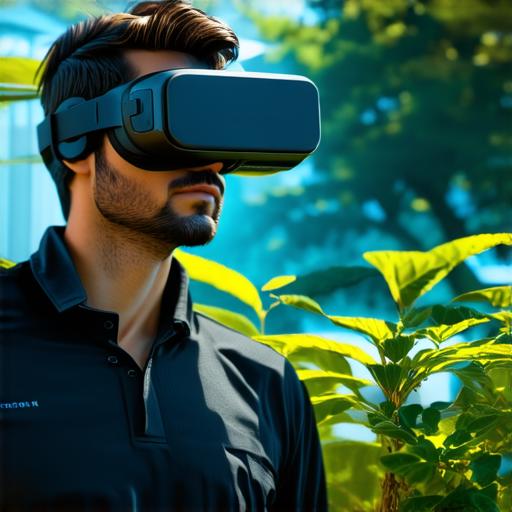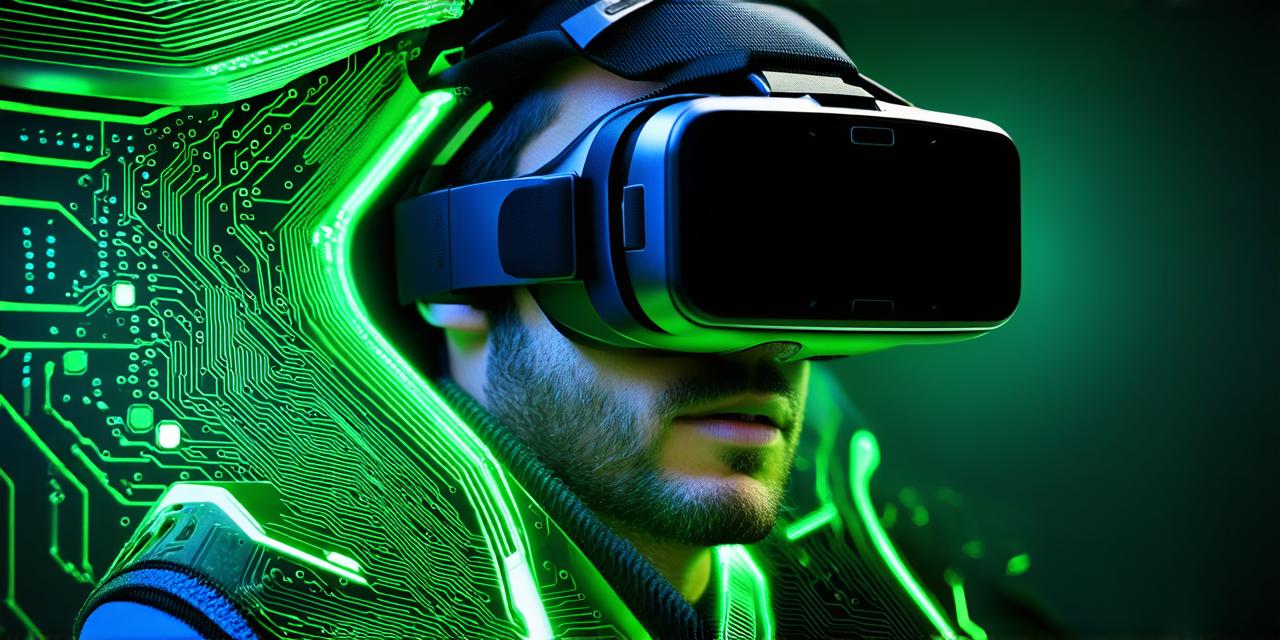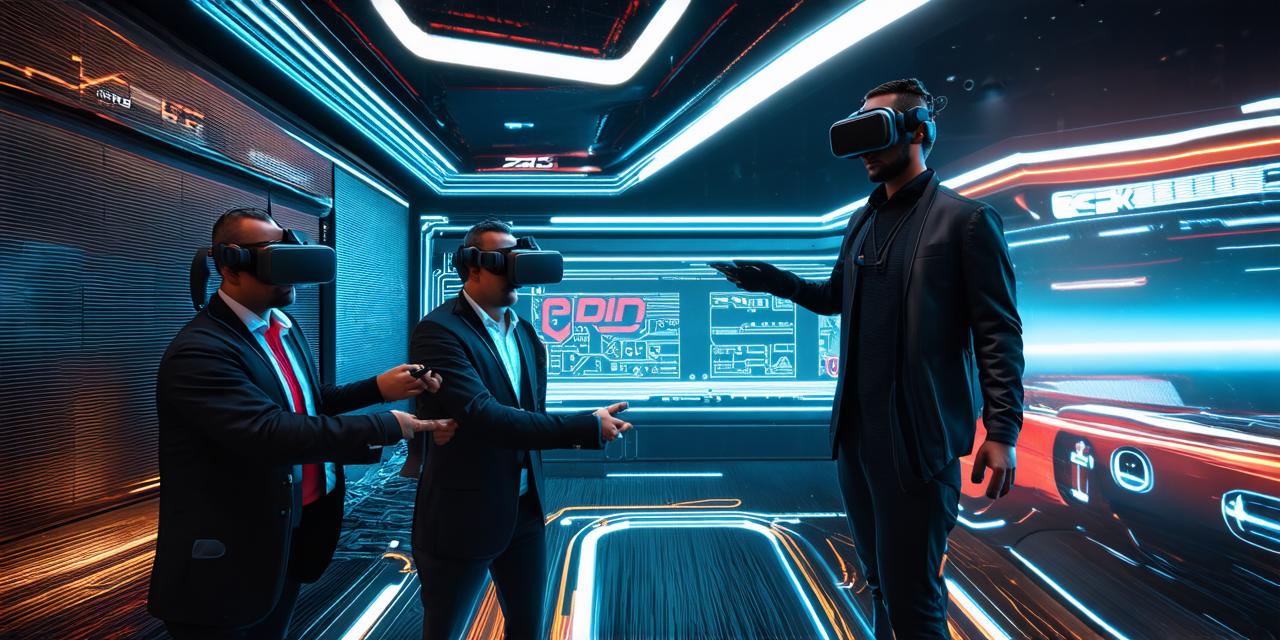
What jobs use virtual reality?
Virtual reality (VR) technology has come a long way since its inception and is now being used in a variety of industries. This immersive technology allows individuals to experience and interact with a simulated environment that replicates the real world. In this article, we will explore some of the jobs that use virtual reality.
Table of Contents
Toggle1. Video Game Design
Video game design is one of the most well-known industries that use virtual reality. With VR, game designers can create immersive and interactive gaming experiences that allow players to fully immerse themselves in a simulated environment. These games can range from first-person shooters to educational puzzles and adventure games.
2. Architecture
Architects also use virtual reality to design and visualize buildings and structures. With VR, architects can create a realistic simulation of their designs and test them in a simulated environment before they are built in real life. This allows them to make adjustments and improvements before construction begins, resulting in cost savings and reduced construction time.
3. Medical Training
Virtual reality is also being used in medical training to provide students with immersive simulations of surgical procedures and other medical scenarios. These simulations allow students to practice their skills in a safe environment without risking harm to real patients. This can lead to improved patient outcomes and reduced medical errors.
4. Engineering
Engineers also use virtual reality to design and test products and systems. With VR, engineers can create a realistic simulation of their designs and test them in a simulated environment before they are built in real life. This allows them to make adjustments and improvements before construction begins, resulting in cost savings and reduced construction time.
5. Tourism
Virtual reality is also being used in the tourism industry to provide virtual tours of hotels, resorts, and other tourist destinations. These virtual tours allow individuals to experience these destinations from the comfort of their own homes, making travel more accessible and affordable.

6. Education
Virtual reality is also being used in education to create immersive learning experiences that engage students and enhance their understanding of complex topics. These simulations can range from historical reenactments to scientific experiments and even language learning.
In conclusion, virtual reality technology is being used in a variety of industries to improve efficiency, reduce costs, and enhance the overall experience. As VR continues to evolve, we can expect to see even more jobs use this immersive technology in the future.

